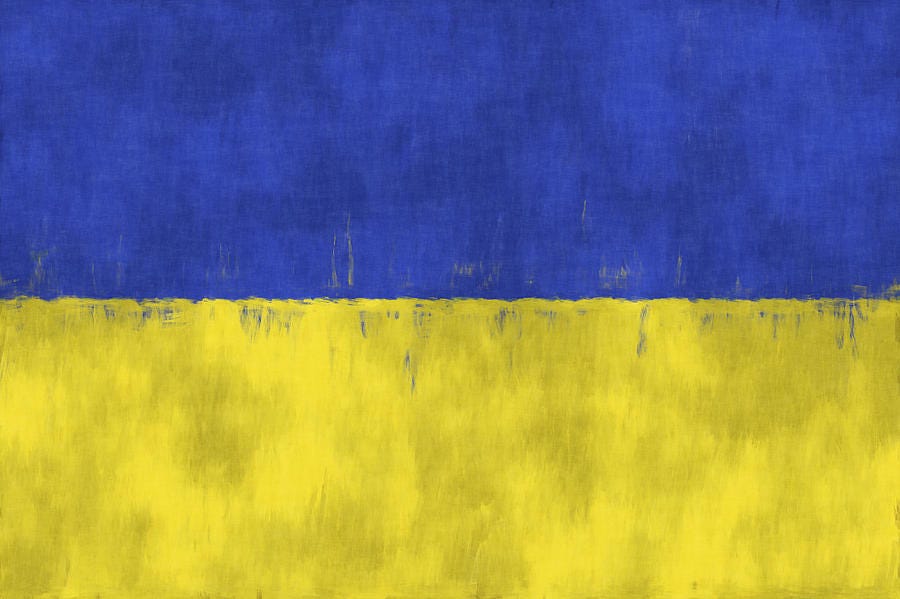The Nation That Would Not Bow
A conversation with Ukrainian-American writer Askold Melnyczuk on Ukraine’s bloody history, his family’s journey from war-torn Europe to the U.S., and why Ukrainians will never accept permanent exile.
By Michael Judge
The first time I had the pleasure of hearing the Ukrainian-American writer Askold Melnyczuk read was a few weeks ago. And while he wasn’t reading his own work, it was, by far, one of the most moving readings I’ve ever attended. Organized with the help of Melnyczuk and hosted by the International Writing Program at the University of Iowa, the reading was “for Ukraine,” but in a very profound sense it was really for the world—for those of us outside Ukraine so that we may better understand the courage and resolve of the Ukrainian people.
I woke early the next morning and wrote this piece for TFP, “Because We Aren’t Powerless,” hoping to draw still more attention to the brave Ukrainian writers who shared their work—from Kyiv, Lviv and other Ukrainian towns and villages—in the dead of night. The title comes from Melnyczuk’s portion of the reading, in which he said, with great urgency and eloquence, the following:
“One of the side-effects of a war is that its shadow makes so …
Keep reading with a 7-day free trial
Subscribe to The First Person with Michael Judge to keep reading this post and get 7 days of free access to the full post archives.

